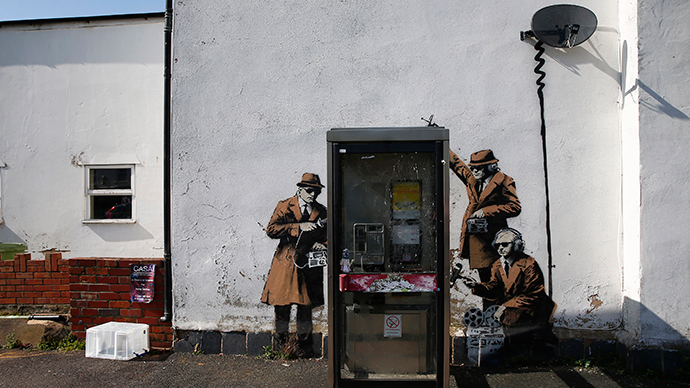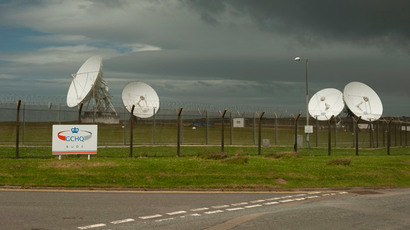‘Lightning strike on privacy’: UK wraps up ‘farcical’ hearing on mass surveillance

A week long hearing exploring the extent of illegal UK government surveillance operations has ended with Amnesty International lambasting the government for making it descend into “the realms of farce and fantasy.”
“It is a lightning strike on the privacy of everyone within the government's ever extending reach,” said Amnesty International's Senior Director for Law and Policy, Michael Bochenek, on Friday.
“This week's hearing descended at times into the realms of farce and fantasy – thanks to the government's insistence they would neither confirm nor deny any of their surveillance activities.”
The hearing has been exploring the allegations that the UK has been illegally intercepting millions of communications.
A GCHQ tribunal started to hear the legal challenges from Amnesty International, the American Civil Liberties Union, Privacy International and Liberty among others on Monday.
“This week’s hearing will be the first time that these UK government agencies, including the notoriously shady GCHQ, have appeared in a public hearing to answer direct allegations and state their position on the mass surveillance operations as a whole,” said Amnesty International in a statement at the beginning of the week.
However, any hope about the UK government being able to clarify their involvement in mass surveillance operations has quickly dissipated.
“Without being able to deal with concrete examples, discussing the lawfulness of mass surveillance became an exercise in absurdity. We were pursuing our challenge in a legal black hole,” Bochenek said.
The criticism was bolstered by the UK government’s apparent rushing through a new surveillance law that went from announcement to enactment in eight days.
READ MORE: ‘Right to privacy breached’: Rights group vows to take UK govt to court over DRIP law
The controversial data retention and investigatory powers bill (DRIP) gives British security services access to an unprecedented level of metadata, including records of phone calls, emails and social media activity and would also force non-UK companies like Yahoo and Facebook to hold information on web activities if their users are based in Britain.
Labour MP Tom Watson called it “democratic banditry, resonant of a rogue state.”
Amnesty also expressed distaste.
“The government has tried to cajole the public into believing the law is just a minor tweak to protect existing powers. They claim it doesn't need proper scrutiny by their elected representatives, but this is in fact an unjustifiable power grab by the security services,” said Bochenek.
“Not only does it extend the government's dragnet well beyond UK shores to permit virtually limitless fishing expeditions, but it appears to be an attempt to give a lawful basis to unlawful government activity, before anyone has time to realize what's happened.”
“It is a lightning strike on the privacy of everyone within the government's ever extending reach.”














